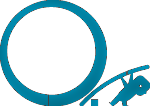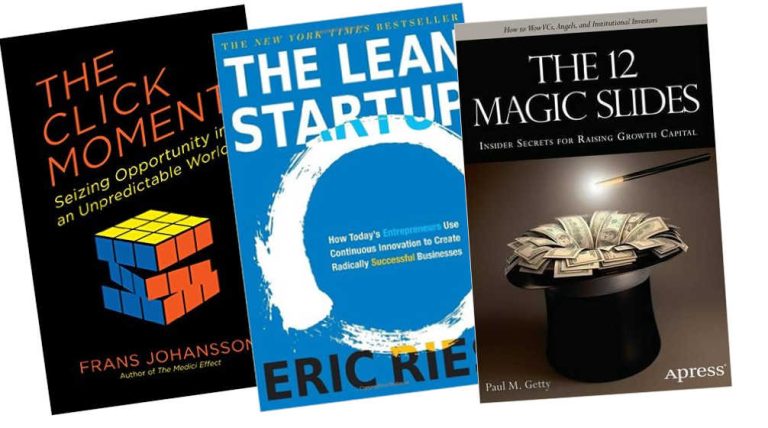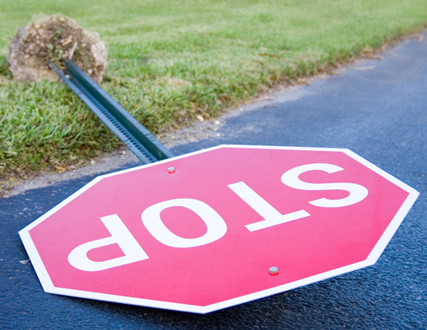Looking for leverage…
“Small changes can produce big results – but the areas of highest leverage are often the least obvious.” – Peter Senge, “The Fifth Discipline”
Do we best change the world by pushing it – or does just pushing hard only generate resistance?
For change-makers, the concept of leverage can be a useful one to work with. Leverage isn’t just pushing, which is all about the maximum amount of force you can push with, it’s about a considered application of influence to achieve major shifts.
 I learned this years ago while watching my husband landscape our garden, watching the skill with which he moved large rocks around. He used his muscle power to push a crowbar, the crowbar rested on a small rock, and his energy went to lifting the big rock and rolling it over. What he achieved with the help of a 2-metre steel bar was amazing.
I learned this years ago while watching my husband landscape our garden, watching the skill with which he moved large rocks around. He used his muscle power to push a crowbar, the crowbar rested on a small rock, and his energy went to lifting the big rock and rolling it over. What he achieved with the help of a 2-metre steel bar was amazing.
Are you exhausting yourself pushing?
Some of the sustainability efforts I’ve seen lately have looked a lot like pushing – pushing at consumers to use less, pushing at Governments to make something happen, pushing at business to “be sustainable”.
I’m a systems analyst – I started with computer systems, moved into business systems and the supply chain and then got interested in sustainability and regenerative thinking. Both study and experience have taught me that points of leverage aren’t always obvious.
Thinking about systems…
Systems thinker Peter Senge says, “Small, well-focused actions can sometimes produce significant, enduring improvements, if they’re in the right place… high-leverage changes are usually highly non-obvious to most participants in the system. They are not ‘close in time and space’ to obvious problem symptoms…”
So if you’re spinning your wheels, it may be time to check whether you’ve found an effective leverage point. You might ask yourself:
- Am I focusing on an influential person? (A good leverage point)
- Do I know what their key concerns are (what keeps them awake at night)? (A strong lever)
- Have I designed my proposition to them in a way that connects with their key concerns? (Am I focussing on leverage rather than push?)
(NOTE: Read more about well-formed offers in our post “10 tips for improved collaboration results“)
The problem’s not “out there”…
In his book “The Fifth Discipline”, Peter Senge also wrote: “We tend to blame outside circumstances for our problems ‘someone else’ – the competitors, the press, the changing mood of the marketplace, the government – did it to us. Systems thinking shows us that there is no outside; that you and the cause of your problems are part of a single system. The cure lies in your relationship with your ‘enemy’.”
It may be that your starting point for being a change-maker is to learn to know your ‘enemy’ so that you can apply some leverage to shifting them towards a more sustainable future. Maybe it’s time to stop pushing and start leveraging the opportunity side of sustainability.




